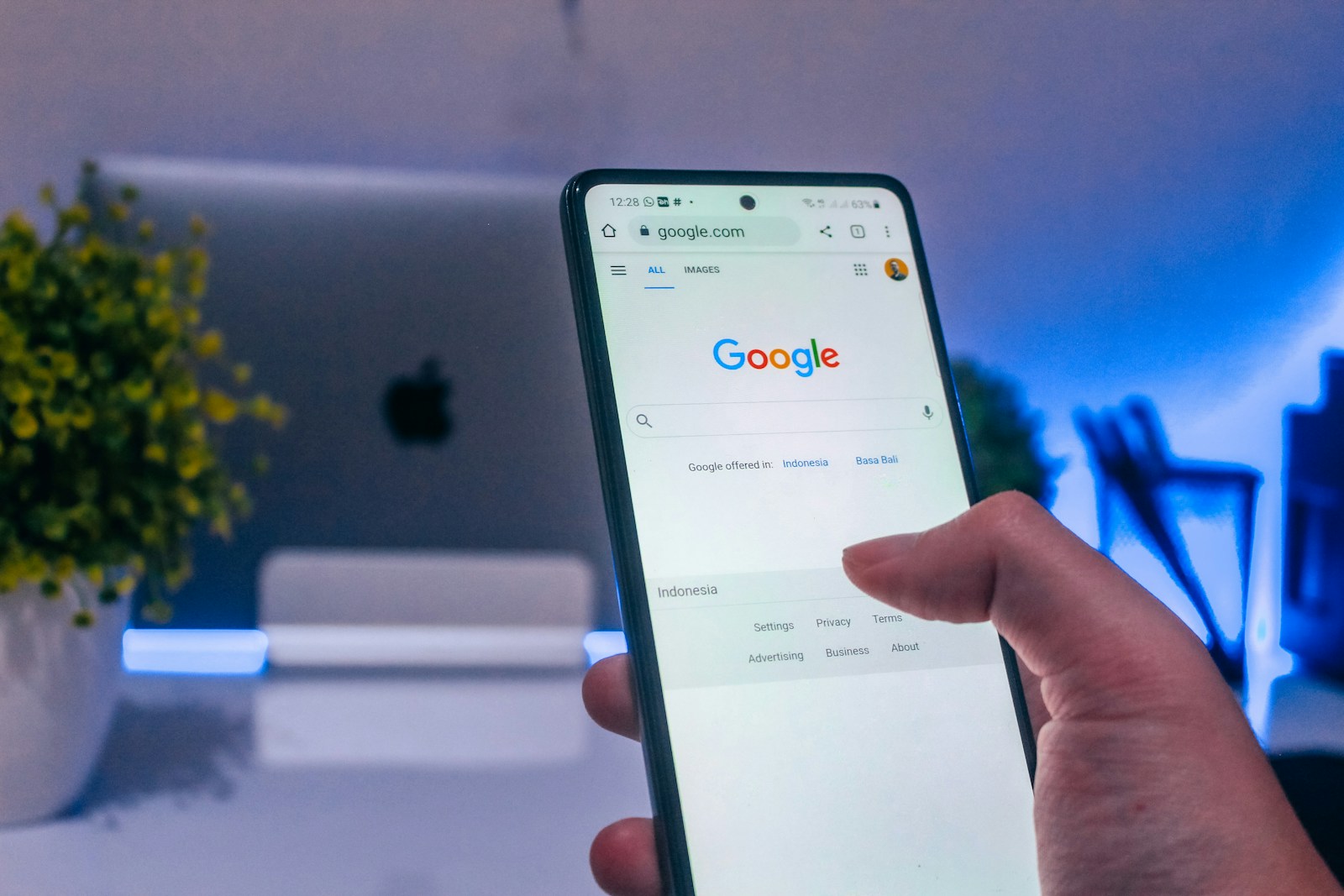Search engine optimization (SEO) helps websites appear higher in search results. There are two main types of SEO: on-page and off-page. Both are important for ranking well, but they work differently. Understanding the difference between on-page SEO and off-page SEO helps businesses create better digital marketing strategies.
What Is On-Page SEO?
On-page SEO refers to all the things you can do on your website to improve its ranking. These are changes and improvements you make directly to your web pages. On-page SEO is like preparing your store before customers arrive – making sure everything looks good and works properly.
Key Elements of On-Page SEO
Content Quality
Good content answers people’s questions completely and clearly. It should be original, helpful, and written for real people first. Search engines reward pages that provide the best answers to search queries.
Keyword Optimization
This means using the right words and phrases that people search for. Keywords should appear in important places like:
- Page titles
- Headings
- The first paragraph
- Throughout the content naturally
Technical Elements
These behind-the-scenes factors help search engines understand your pages:
- Fast loading speed
- Mobile-friendly design
- Proper URL structure
- Secure HTTPS connection
User Experience
Pages should be easy to use with:
- Clear navigation
- Good organization
- Readable fonts
- Helpful internal links
What Is Off-Page SEO?
Off-page SEO refers to activities done outside your website that affect your rankings. These are signals that show search engines that other people value your content. Off-page SEO is like getting recommendations for your business from others in the community.
Key Elements of Off-Page SEO
Backlinks
These are links from other websites to yours. Quality backlinks from respected sites tell search engines your content is valuable. More good backlinks usually mean higher rankings.
Social Media Signals
While social media shares don’t directly affect rankings, they help by:
- Increasing content visibility
- Driving traffic to your site
- Showing content popularity
Online Reviews
Positive reviews on Google and other platforms build trust and can improve local search rankings.
Brand Mentions
When other sites talk about your brand (even without linking), it can help establish authority.
Main Differences Between On-Page and Off-Page SEO
The main difference between on-page SEO and off-page SEO comes down to control. You have full control over on-page factors because they happen on your website. Off-page factors depend on others – you can influence them but not control them completely.
On-page SEO is about making your website the best it can be. Off-page SEO is about getting others to recognize your website’s value. Both work together to improve your search rankings.
Why Both Types Matter
Search engines use hundreds of factors to rank pages. They look at both what’s on your pages (on-page) and what others say about your pages (off-page). Ignoring either type means missing important ranking opportunities.
Good on-page SEO without off-page SEO is like having a great product no one knows about. Good off-page SEO without on-page SEO is like getting people to visit a poor-quality store. You need both working together.
How On-Page and Off-Page SEO Work Together
Here’s an example of how they complement each other:
- You create a helpful guide (on-page SEO)
- Other websites link to it because it’s useful (off-page SEO)
- Search engines see these links and rank your guide higher
- More people find and share your content
- Your rankings improve further
This cycle keeps building when both types of SEO are done well.
Common On-Page SEO Mistakes
Many websites hurt their rankings by:
- Using duplicate or thin content
- Stuffing too many keywords unnaturally
- Having slow-loading pages
- Using poor mobile designs
- Creating confusing navigation
- Ignoring meta descriptions and title tags
Common Off-Page SEO Mistakes
Businesses often make these errors:
- Buying low-quality backlinks
- Getting links from irrelevant sites
- Ignoring local citations and reviews
- Not claiming business profiles
- Failing to build relationships in their industry
- Not creating content worth sharing
How to Improve On-Page SEO
Follow these best practices:
Content
- Write original, detailed content
- Answer common customer questions
- Update old content regularly
- Use headings and short paragraphs
Technical
- Fix broken links
- Optimize images
- Improve page speed
- Make sure the mobile works well
Keywords
- Research what people search for
- Use keywords naturally
- Put important words in titles and headings
- Avoid overusing keywords
How to Improve Off-Page SEO
Try these effective tactics:
Build Quality Backlinks
- Create shareable content
- Guest post on industry sites
- Get listed in directories
- Build relationships with influencers
Manage Online Presence
- Claim and optimize business profiles
- Encourage customer reviews
- Be active on social media
- Monitor brand mentions
Local SEO
- Keep business information consistent
- Get listed in local directories
- Build local citations
- Participate in community events

Which Is More Important?
Both on-page and off-page SEO are essential. However, most experts recommend starting with on-page optimization because:
- You have full control over it
- It creates a strong foundation
- Good content attracts natural backlinks
- Technical issues can block SEO success
After fixing on-page issues, you can focus more on off-page strategies. But ongoing attention to both delivers the best results.
How to Measure On-Page SEO Success
Track these metrics:
- Keyword rankings for target terms
- Organic traffic to key pages
- Bounce rates and time on page
- Click-through rates from search results
- Conversions from organic traffic
How to Measure Off-Page SEO Success
Monitor these indicators:
- Number and quality of backlinks
- Domain authority scores
- Branded search volume
- Referral traffic sources
- Social shares and engagement
SEO Changes to Watch
Search engines keep updating their algorithms. Recent trends affecting both on-page and off-page SEO include:
- More focus on user experience signals
- Growing importance of page speed
- Increased mobile-first indexing
- Greater emphasis on content quality
- Stronger penalties for spammy tactics
Getting Started With SEO
For businesses new to SEO, follow these steps:
- Audit Your Website
- Check for technical issues
- Review existing content
- Identify improvement areas
- Research Keywords
- Find what customers search for
- Analyze competitor strategies
- Choose target terms
- Optimize On-Page Elements
- Improve page titles and content
- Fix technical problems
- Enhance user experience
- Begin Off-Page Efforts
- Build quality backlinks
- Manage online profiles
- Create shareable content
- Monitor and Adjust
- Track key metrics
- Update strategies as needed
- Stay current with SEO trends
Final Thoughts
Understanding the difference between on-page SEO and off-page SEO helps businesses create balanced digital marketing strategies. On-page optimization ensures your website meets search engine requirements and provides value to visitors. Off-page efforts demonstrate your credibility and authority to both search engines and potential customers.
The most successful websites combine strong on-page foundations with strategic off-page promotion. By focusing on both areas, businesses can achieve better search rankings, more organic traffic, and ultimately, more customers.



